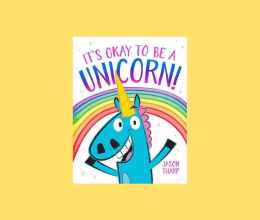As an employee of the ACLU, sometimes talking about my job can be a challenge. Those who have heard of the ACLU tend to associate us with “crazy liberals,” defending the KKK, or being anti-Christian. These are not the easiest associations to shed.
The ACLU is a nonpartisan organization that specifically avoids aligning itself with party rivalries and politicking. So then why does our organization insist on continuing to align itself with such controversial groups?
The answer is simple: We aren’t interested in the substance of your speech. We are interested in defending your right to say it, free of government intervention.
If someone else’s speech offends your sensibilities, you have the right to defend yourself or offend the other speaker. In other words, we believe the best response to speech you don’t like is more speech.
Correcting the Misconceptions
In a 24-hour period, I received two questions that illustrated some of the fundamental misunderstandings that people have regarding ACLU’s role in defending free speech.
My doctor asked me if I was going to make her take down her picture of Jesus in the hallway. Of course, she was teasing, and this gave me the opportunity to clarify the ACLU’s position on religious liberty and freedom of expression. Later that same day, a classmate from high school messaged me asking if the ACLU would be willing to sue Donald Trump for hate speech and get him kicked out of the election. Again, I clarified the ACLU’s position on the matter.
We believe that free speech is a prerequisite of individual freedom in our country. We consider the ACLU to be a shield against government thought control.
Thought control? No, not in the conspiracy theory sense. But if government were to pass laws limiting what people could think, they would start by restricting what people could say.
No Such Thing as “Objectively Offensive”
Offensiveness is a subjective feeling. It varies based on age, politics, location, and year. The ACLU is playing the long game, ensuring that our right to freedom of speech is never qualified by the flavors of “acceptability” in various social climates.
Consider this quote from a former Supreme Court Justice:
“Freedom of expression is the matrix, the indispensable condition, of nearly every other form of freedom.”
—U.S. Supreme Court Justice Benjamin N. Cardozo in Palko v. Connecticut
The government cannot control individual thought. But if it were to try, its first step would be to limit speech.
The ACLU, as a staunch protector of civil liberties for all, inserts itself into controversies between the government and private groups and individuals. This causes us to be associated with some individuals and organizations with whom we may fundamentally disagree. But we don’t defend these groups because we agree with their underlying message, we defend them because we recognize that when it comes to freedom of expression, their right to express themselves is indivisible from our own.




